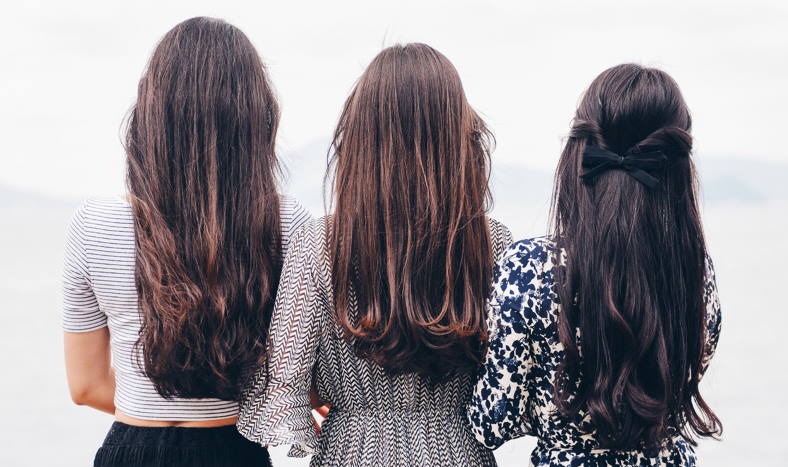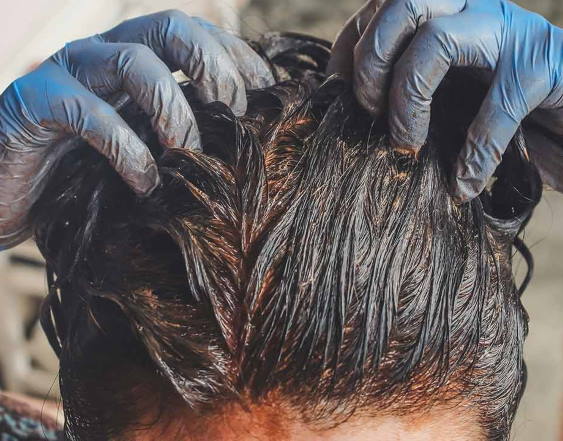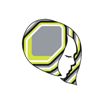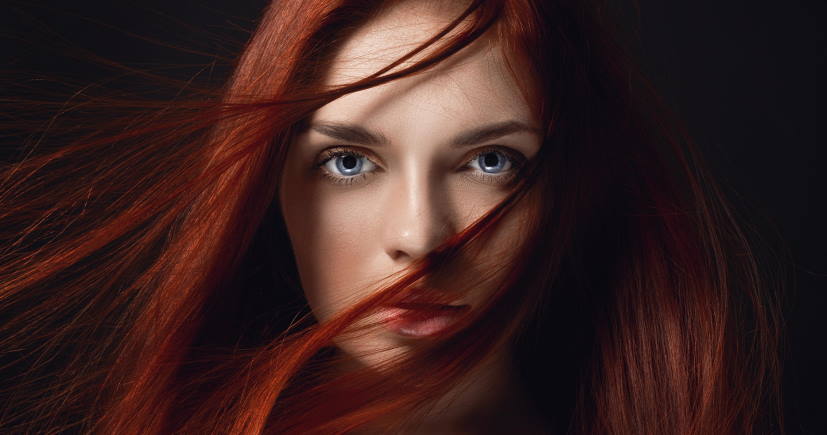Henna Dye or Chemical Dye, the eternal debate that exists in the cosmetology and beauty industry. There is little that commercials and advertisements can tell, but there is much that can be verified when purchasing the product.
This is when the disappointment comes. Such a big debate is that it has reached the world of dyeing, which leads to ask: which is better henna or hair color? you can see it below.
The above is a scenario that is repeated daily, and it is not for less, since you are talking about your hair, one of the most important factors that you must take into account when looking good.
In the industry there is a wide range of products between henna vs hair color, all with different characteristics, with somewhat different components but in the end point to the same: chemicals.
This makes the dye decision in a spectrum where, with different packages, they have an equally damaging product for your hair. However, there are exceptions.

Henna Vs Chemical Dye: The Debate
Many times you choose certain brands without being fully aware of the components that you are going to apply to the hair, which can undoubtedly bring several unwanted consequences, such as loss of shine, dryness, breakage, frizzy and fall.
Given this situation, the use of Hindu henna dye has become popular, which has already gained adherents, although there are still those who have refrained from using it for fear that it may not be what they have read so much. That is why we want to share the main differences between both types of dyes:
Henna dye
- Dye with a natural tendency, without peroxide and ammonia
- It does not require root retouching.
- Its color range is limited
- It does not require hydration treatments after use.
- Revitalizes the scalp
- Reduces the appearance of dandruff
- Strengthens the hair
- Its powder presentation is not compatible with chemical dyes.
 Chemical dye
Chemical dye
- Dye that in most cases contains peroxide or ammonia
- Root retouching every 15 days.
- It has a wide range of colors.
- It requires constant and deep hydration after use.
- It weakens the hair fiber and irritates the scalp.
- Depending on the effect it generates, it may or may not produce dandruff.
- It mistreats the hair and requires many subsequent care.
You can change product and brand whenever you want
As you can see, henna dye, although it has its limitations, is one of the best options if our priority is hair care, since its components are not abrasive and do not alter the natural conditions of the hair, on the contrary, it revitalizes it and keeps it in a good state throughout its application.
In addition, it is perfect for delicate or weak hair, which has gone through too strong processes and that require a bit of vitality.


Recent Comments